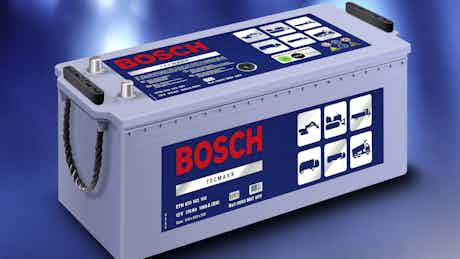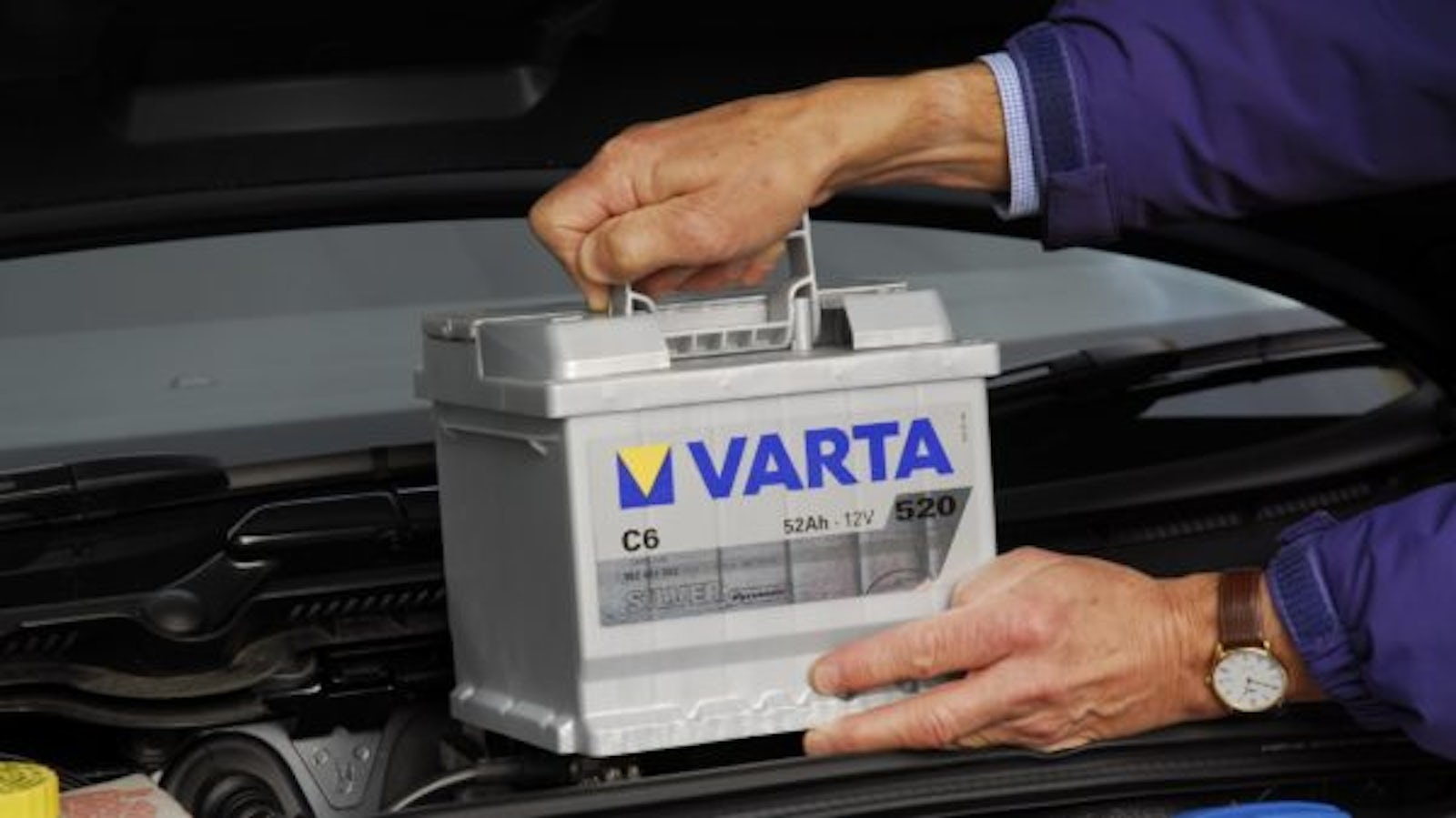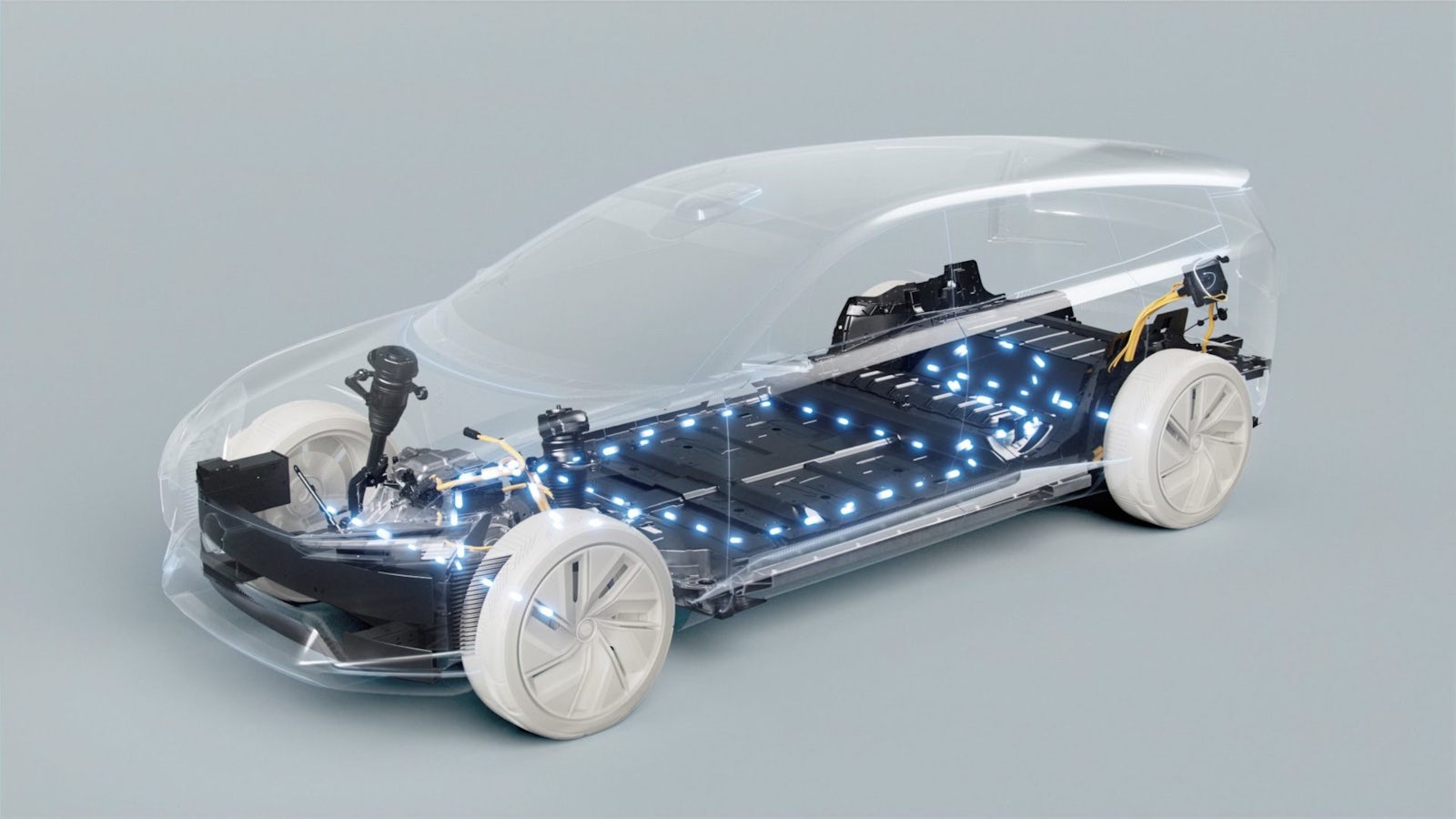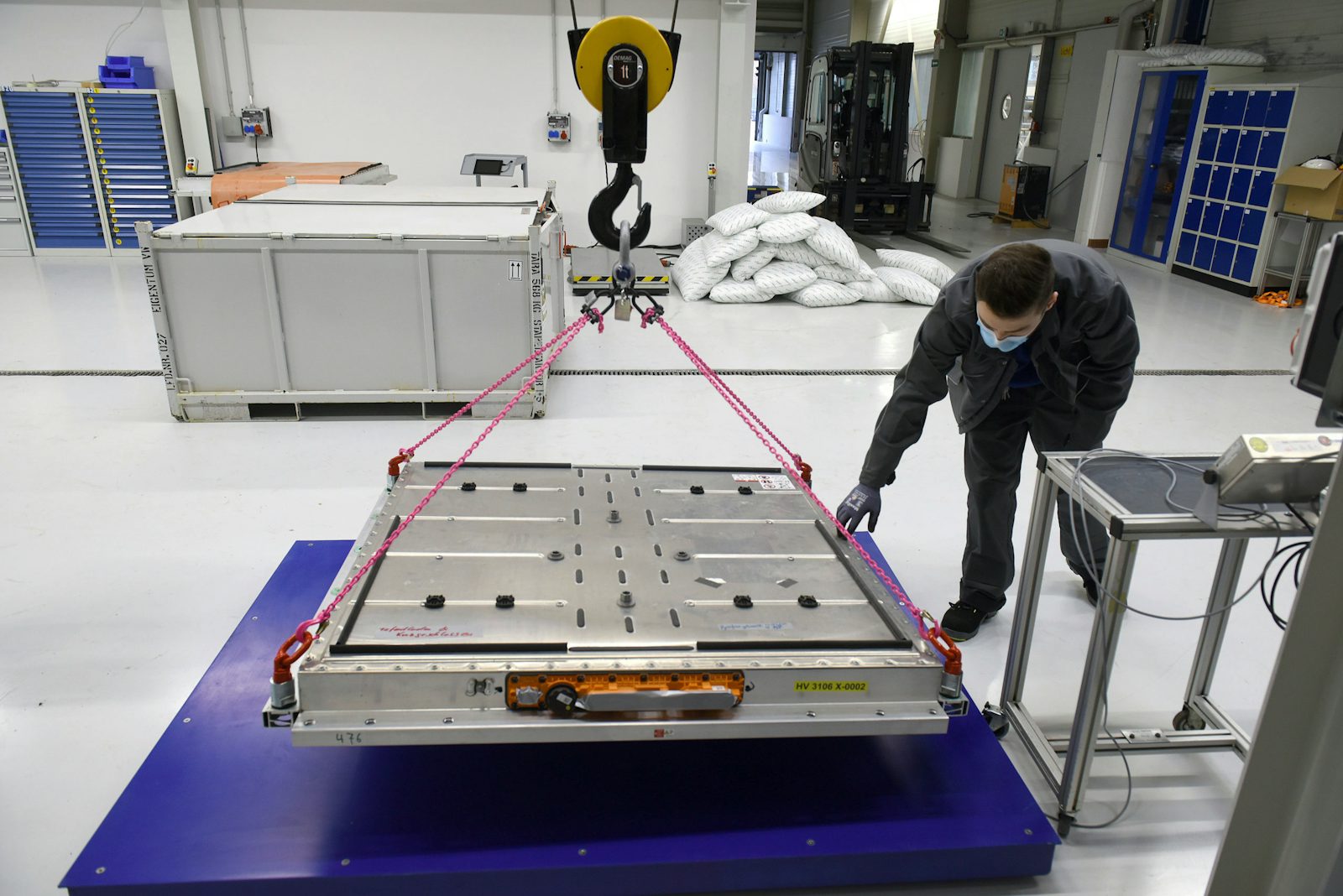How much is a car battery?
November 04, 2022 by John Tallodi

Wondering about how much a car battery costs? Wonder no more
Depending on the type of vehicle you drive, car batteries either never enter your mind or are a major consideration on every journey.
Internal combustion engines use a small 12-volt battery to power various electrical auxiliary functions, the only time you remember that they’re there is when your car struggles to start and you need a replacement.
Electric cars, meanwhile, are defined by their batteries. They too have a small 12-volt battery to power various functions, but they also have a larger unit that provides power to the electric motors. There is a big cost difference depending on which battery you intend to replace.
What is a car battery?
There are two main types of car batteries, small 12-volt units designed to power various electrical components and start the car, and much larger ones used on electric vehicles to power their electric motors.
Combustion engine car battery
Every internal combustion engine, be it petrol or diesel, will have a small 12-volt battery. It is used to power the various electrical components of a car. This includes the starter motor, lights and ignition.
The 12-volt battery will initially supply the power required by the electric starter motor to start the combustion engine. Once on the move, the alternator will charge the battery and supply the electric energy required to operate things like the headlights, radio and infotainment system.
The battery can supply additional power if the electric demands outstrip what the alternator can provide. It will also provide all the electrical power when the engine is turned off and the alternator is not running. Remember that car batteries are designed to provide a large amount of current for short periods. Running them flat can permanently damage them.
There are several types of 12-volt car batteries. Some require topping up with distilled water intermittently, while most modern types are sealed units which do not need any maintenance.
Types of 12-volt batteries

Lead-acid: Cheap and relatively durable with up to 20,000 starting cycles. Lasts up to 3-years.
Calcium/Silver Calcium: Last up to twice as long as lead-acid batteries with between 20-30% more starting power.
AGM: Absorbent Glass Mat batteries are a type of sealed lead-acid battery that offer superior starting cycles, faster charging and can last up to 10-years. The inevitable trade-off is a higher cost.
Lithium-Ion: Expensive and used predominantly in high-end luxury vehicles. They offer a long service life and can be discharged far lower than conventional lead-acid batteries.
Electric car battery
Electric cars also have a 12-volt battery, these can be of a standard lead-acid type or lithium-ion in pricier models. This is used to run systems like the alarm and door locks, as it’s much easier to engineer things like this t0 take 12 volts rather than the much higher currents delivered by an EV’s main battery.
In addition to this 12-volt battery, EVs will have a far larger battery, typically a 300-800-volt lithium-ion battery pack that provides power for the car to move. Some designs allow for this larger battery to keep the smaller 12-volt battery charged when the car is left parked for long periods.
The larger battery can vary in capacity from around 30kWh to over 100kWh. It requires external charging from a plug point, wallbox or public charger. Charging speeds range from 2.3kW (for a standard household plug) up to 360kW (for the fastest public charger currently available in the UK).

Of course, you can only take advantage of these ultra-fast chargers if your car can charge at these speeds. For example, a Porsche Taycan can charge at up to 270kW, while a Nissan Leaf has a maximum charging speed of 50kW.
Currently in the UK, 7kW and 22kW public fast chargers are the most common types, with the faster of the two giving you up to 90 miles of range per hour.
Electric car batteries:
Voltage: generally 300-800 volts
Capacity: 30kWh to 100kWh+
Type: Lithium-Ion
EV charging speeds: generally 50kW to 270kW+
Charging point charge speeds: 2kW to 350kW
When do I need to replace my car battery?
12-Volt Car Battery
The standard lifespan for a 12-volt car battery can be anything from one to 10-years, with around five years being considered a good run. This huge discrepancy in comes down to a variety of factors.
Factors that can extend 12-volt battery lifespan:
Avoid frequent starting – many short trips put additional strain on the battery, extreme cold weather can also be detrimental to its longevity
Don’t let the battery run flat – if you won’t be using your car for an extended period then either use a trickle charger or disconnect the battery
Watch out for warning signs – lazy starting, dim dashboard and interior lights and an illuminated battery warning sign all point to a battery that is losing charge. Get it checked before it requires replacement altogether. Most come with a three-year guarantee.
Electric Car Battery
Electric car batteries tend to have a lifespan of between 10-20 years. This large variance is because your driving style and charging habits have a very noticeable effect on a battery’s service life.
Factors That Affect EV Battery Life
Average Charge: Keeping the battery charged between 20-80% will help keep it operating proerply for longer
Charging Speeds: Using fast chargers heats up the battery pack and will reduce its capacity over time. Some manufacturers recommend not to charge above 80% when using a fast charger
Charging Frequency: Plugging in your car when the charge falls to around 20% is better for it than charging it at every opportunity or waiting for it to run flat
Driving Style: Aggressive driving will discharge the battery quicker and heat it up as well, leading to reduced battery life
Most electric cars in the UK come with an 8-year/100,000-mile battery pack warranty which will cover you in the event of a battery failure. This usually means that the manufacturer will replace or repair your battery if the State Of Charge (SOC) drops to 70% of the original figure. If your range seems to be dropping quickly or is far less than when you first bought it, have the dealer test your battery pack.
How much does a new car battery cost?
There is a significant price difference between replacing your 12-volt car battery and an electric car battery pack.
12-volt car battery cost
The cost of a replacement 12-volt car battery can range from around £45 for a basic lead-acid unit, to £250 for a lithium-ion or AGM battery. Smaller hatchbacks will generally require smaller capacity batteries, while luxury cars with more complex electronics and stop/start systems will need higher capacity items.
Electric car battery cost
Aside from their 12-volt batteries, electric cars may sometimes need their main lithium-ion battery packs replaced – though this is rare, and far less of a problem than some feared it might be when modern EVs first started to appear.
Replacement cost figures are tricky to pin down, partly as manufacturers tend to give eight-year/100,00-mile warranties with EV batteries, so if repairs or replacement are needed, these costs will be borne by the car maker. Were you to find yourself on the hook for a new EV battery, you would need to be thinking of a cost of several thousand pounds – though the same is true for petrol and diesel engines that might need replacing.
How much does it cost to fit a new car battery?
Fitting a 12-volt battery
A 12-volt car battery is usually fitted under the bonnet or in the boot and should take no longer than 30 minutes to change by a reputable dealer. A recent study showed the average labour rate in the UK to be £40 to £80 per hour for a garage mechanic, with some main dealers charging from £40 to over £200 per hour. Mobile mechanics tend to charge a bit less, around £25 to £60, but may include a call out fee of approximately £65 which could make this the pricier option.
With these figures in mind, around £25 to £50 would be a fair rate to pay to have your battery changed. Halfords charges from £18 for fitting if you have it done in-store.
If the battery is difficult to access or the car needs to be electronically reset or put on a trickle charge, then the pricing may be slightly higher. But if someone is asking £100 for a simple battery change then walk away.
Fitting an electric car battery

When it comes to electric car batteries, the labour charges will be significantly more. As stated above, dealer labour rates are generally higher than independent garages, and you should use an official dealer to ensure that the battery replacement is carried out correctly.
Can I change my car battery myself?
Changing your car’s 12-volt battery is relatively simple. However, some modern cars need to be electronically reset if their batteries are removed, so it’s best to use a battery charger to maintain power to the various onboard electronics while the 12-volt battery is being swapped out.
Halfords charges £85 for supplying and fitting a Calcium 12-volt battery to a Renault Megane. Their battery fitting charges start at £18, so if you aren’t completely comfortable with doing it yourself, the additional cost of having it fitted is well worth the expense.
When it comes to electric car batteries, your only option is to have them professionally replaced. They require unique tools and the knowledge of a trained mechanic to be swapped out, while also posing a significant risk of electrocution to those not trained in their proper handling and servicing.
Change cars online with carwow
Looking for an easy way to change your car? Then carwow is the place to go. You can sell your car online for a great price, and get the best deals on a new one. All through our network of trusted dealers and all from the comfort of your home. Tap the button below to get started today.















